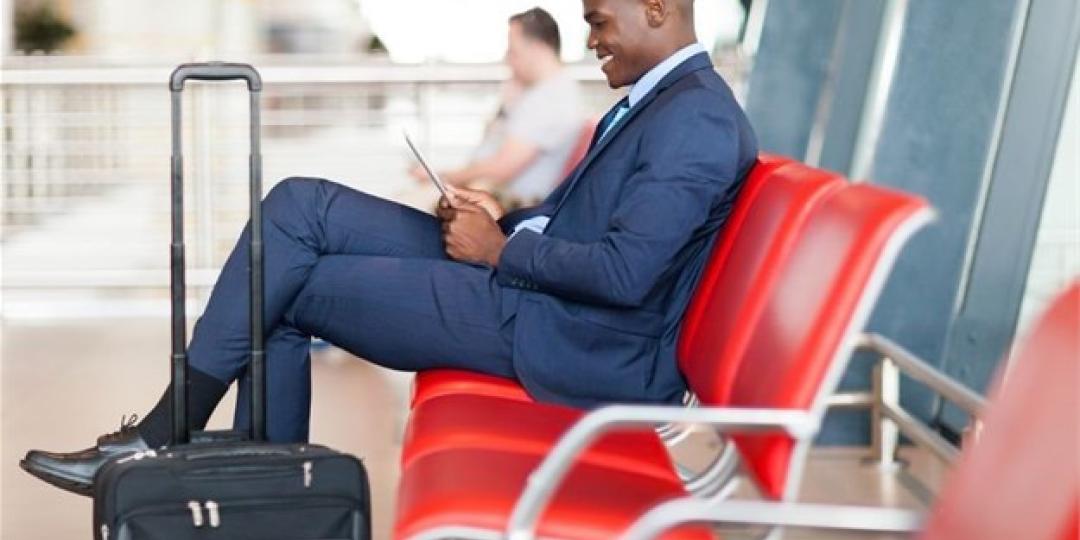color:#343A40'>Travel managers and buyers need to adapt travel programmes in line with supplier developments and prepare customers for when they travel again. “Duty of care has to take place. Protocols must be correct and procedures followed,” says Tourvest Travel Services ceo, Morné du Preez.
color:#343A40'>Du Preez was sharing his views during a webinar hosted by the African Business Travel Association that focused on COVID-19 recovery plans.
color:#343A40'>At the moment, he says client readiness to travel depends on different companies. “Some of our global customers have put travel bans in place until after September, while others are already relaxing these.”
"Segoe UI",sans-serif;color:#343A40'>Dr Pierre Olivier, MD of Hatch Africa, says the company is currently working on risk assessments that include some of its remote sites to determine whether staff could, would or should travel. “We have three criteria,” he says. “Firstly, is it legal? Do local authorities allow travel? Is there approval to get across a border?”
color:#343A40'>Secondly, the company’s medical advisers need to agree travel is safe, he adds. “Thirdly, do our local teams have everything in place to ensure the safety of our staff, like screening, physical distancing and potential consequences such as a 14-day quarantine?”
color:#343A40'>His view is that people are reluctant to travel, even if there is a good plan in place. “Travel will take place again not because we allow it but because individuals want to travel. The challenge is on an individual basis, as companies will not be in the position to force people to travel.”
"Segoe UI",sans-serif;color:#343A40'>Robert Taylor, chairman of Truman’s Brewery, says before companies start asking employees to travel internationally or even domestically, senior managers need to be prepared to do the same thing. “I would have a hard time asking a staff member to fly from London to New York or Singapore right now. Managers will need to lead by example. I wouldn’t want that to be something a junior staff member had to do first.”
"Segoe UI",sans-serif;color:#343A40'>Jo-Anne Lloyd, partner at Nina & Pinta, has noticed green shoots of recovery in the travel space as countries start lifting lockdowns.
color:#343A40'>She says corporates should be engaging with TMCs and suppliers to finalise incidence management frameworks, as COVID-19 disruptions are likely to be in our lives for a while yet, resulting in practical as well as confidence challenges. It is also the time to be reviewing travel and duty-of-care policies.
color:#343A40'>“The travel policy needs to pass the ‘Mom and Dad Test’,” she says. “When travellers tell their parents that they are travelling – and that this is what the company is doing to keep them safe – their parents must be comfortable with it.”
color:#343A40'>Planners also need to update traveller profiles to include new kinds of information, such as COVID-19 tests, self-isolation or immunity, she advises.
color:#343A40'>“Only once all this work is done internally and in the supply chain can you communicate with your travellers. Communication is key, but you need to know what you are going to be telling them.”
"Segoe UI",sans-serif;color:#343A40'>Nicole Fonzari, travel manager AME, CBS Travel Services at Cummins Africa & Middle East, agrees that communication across all levels is essential when it comes to traveller readiness and confidence.
color:#343A40'>“We are conversing with business unit leaders in terms of sales, what they think about travel and what projects are on the go. Our technicians are already travelling by road to mine sites. Since this is so new to everyone and we don’t have the experience of something like this at this scale, we are hoping to survey our top-50 passengers to see whether they are comfortable to travel and what they need from us as a business to feel safe.”






















